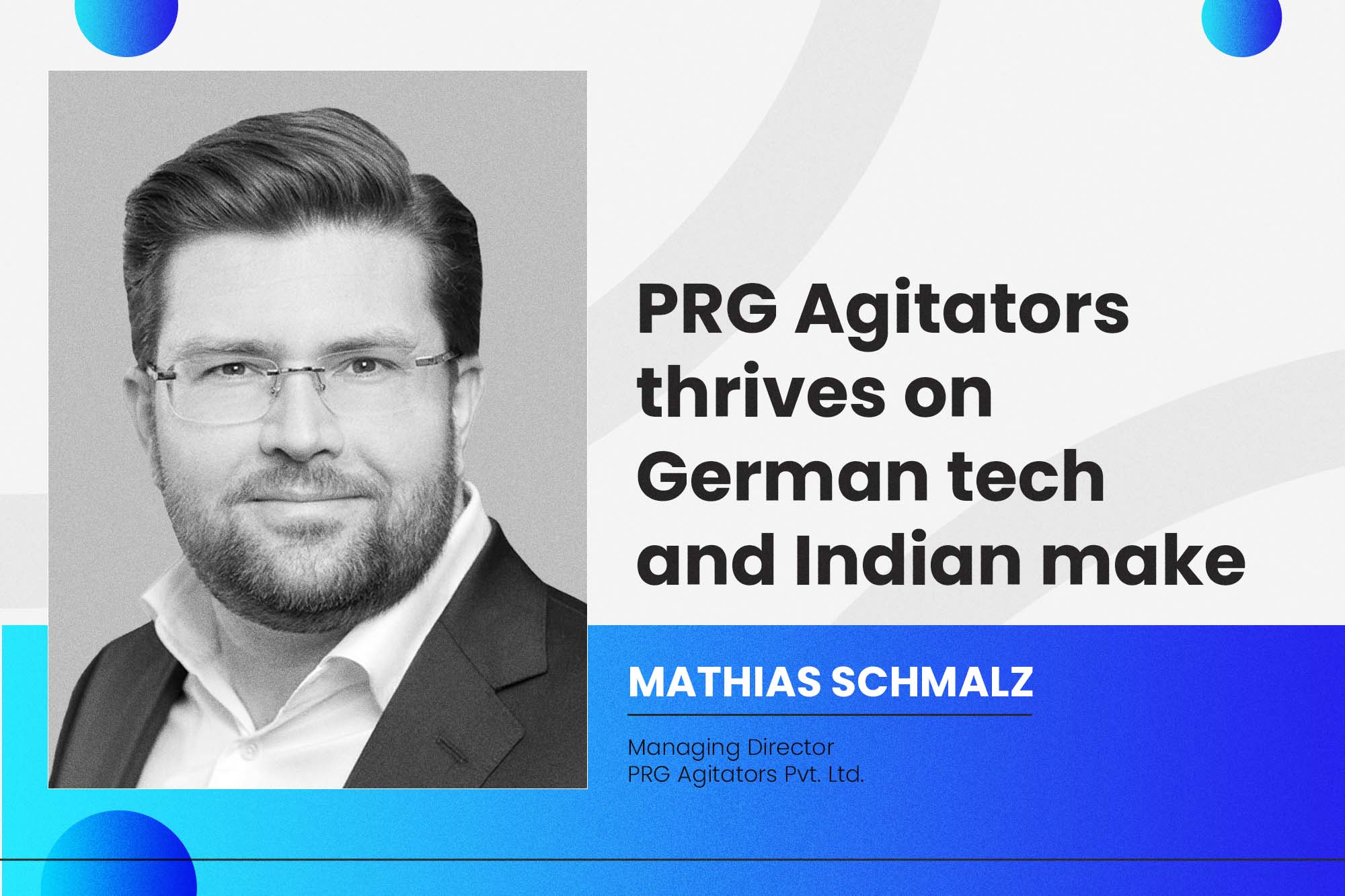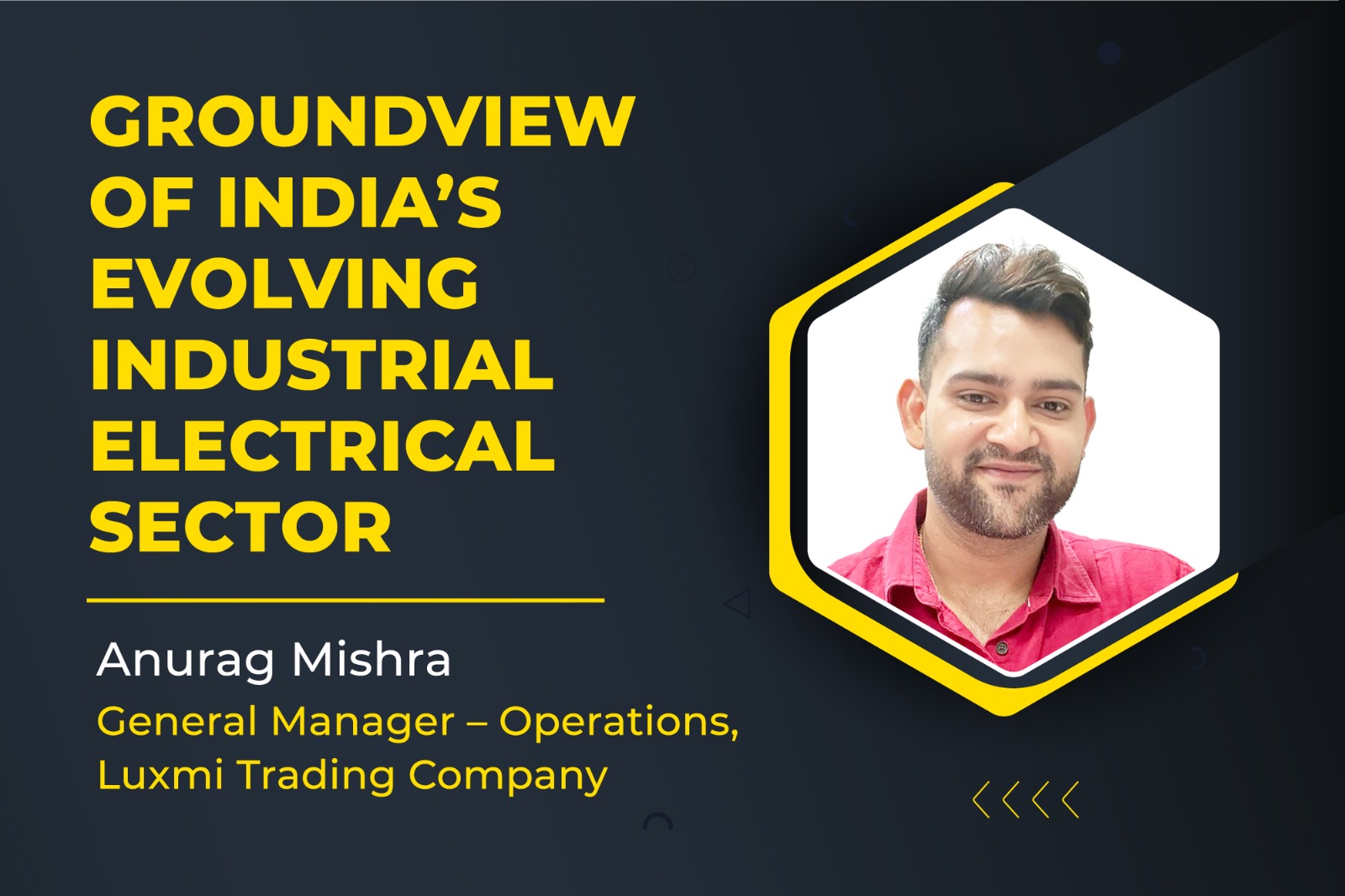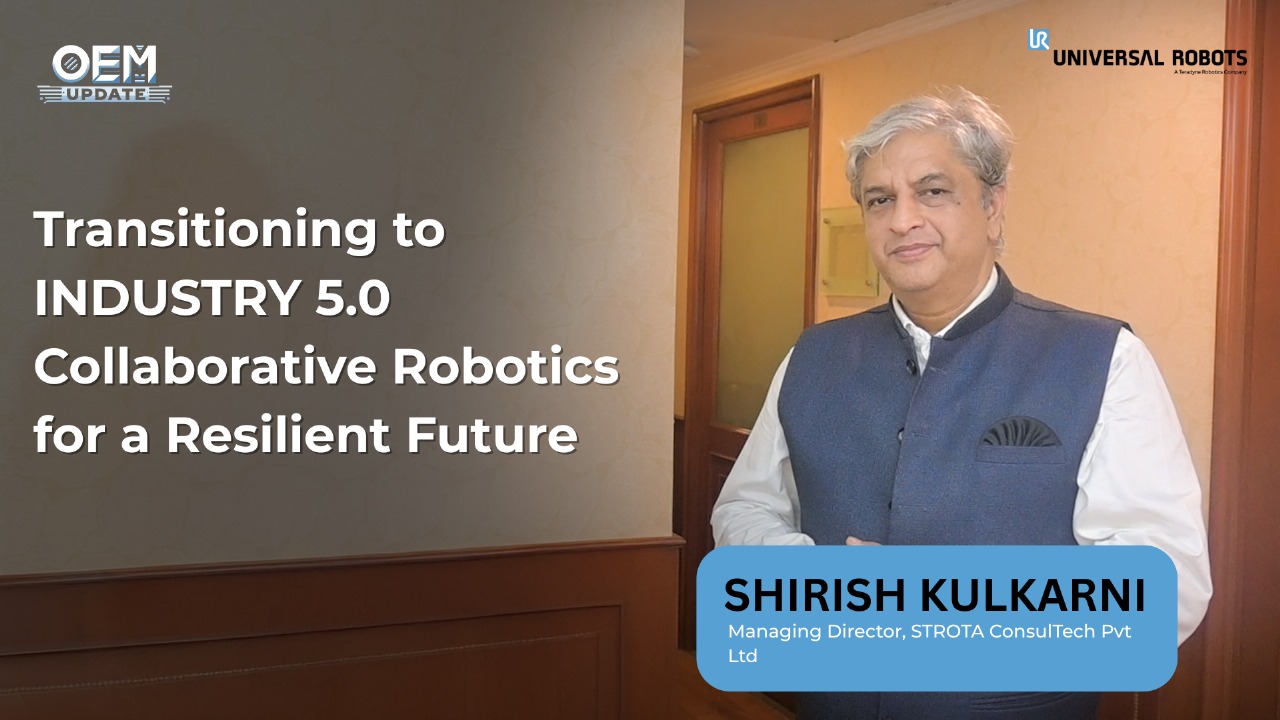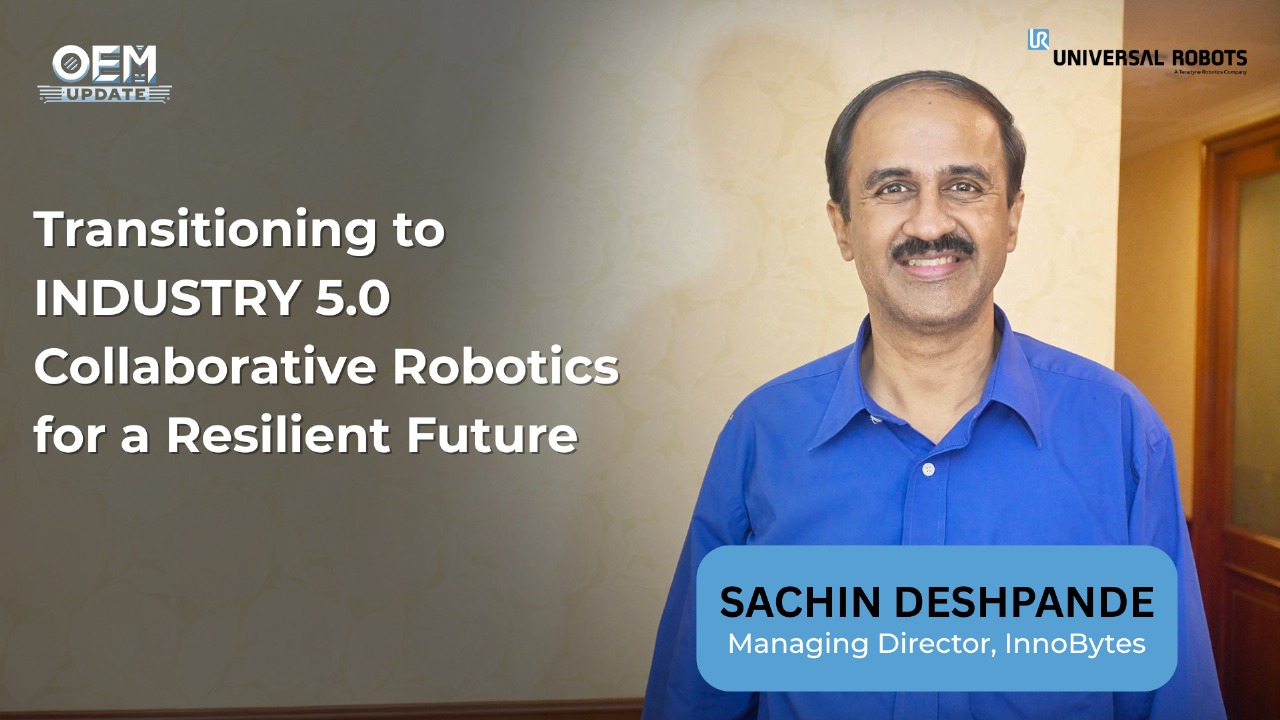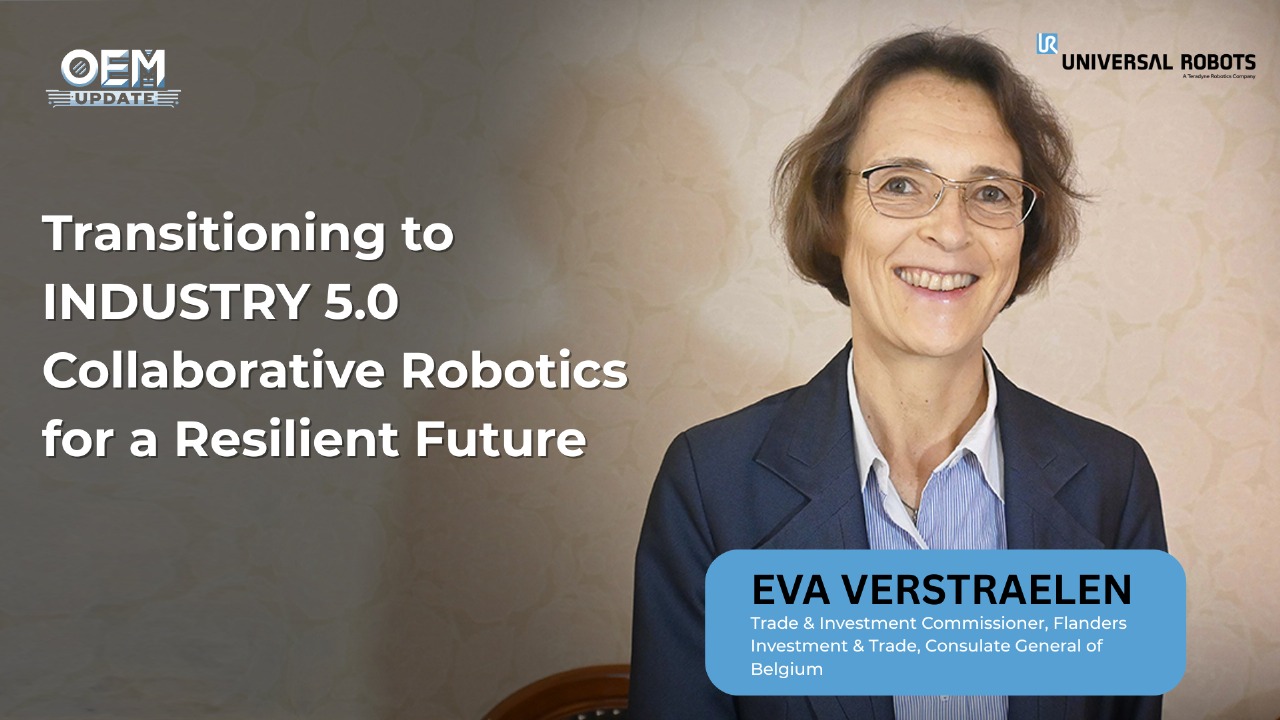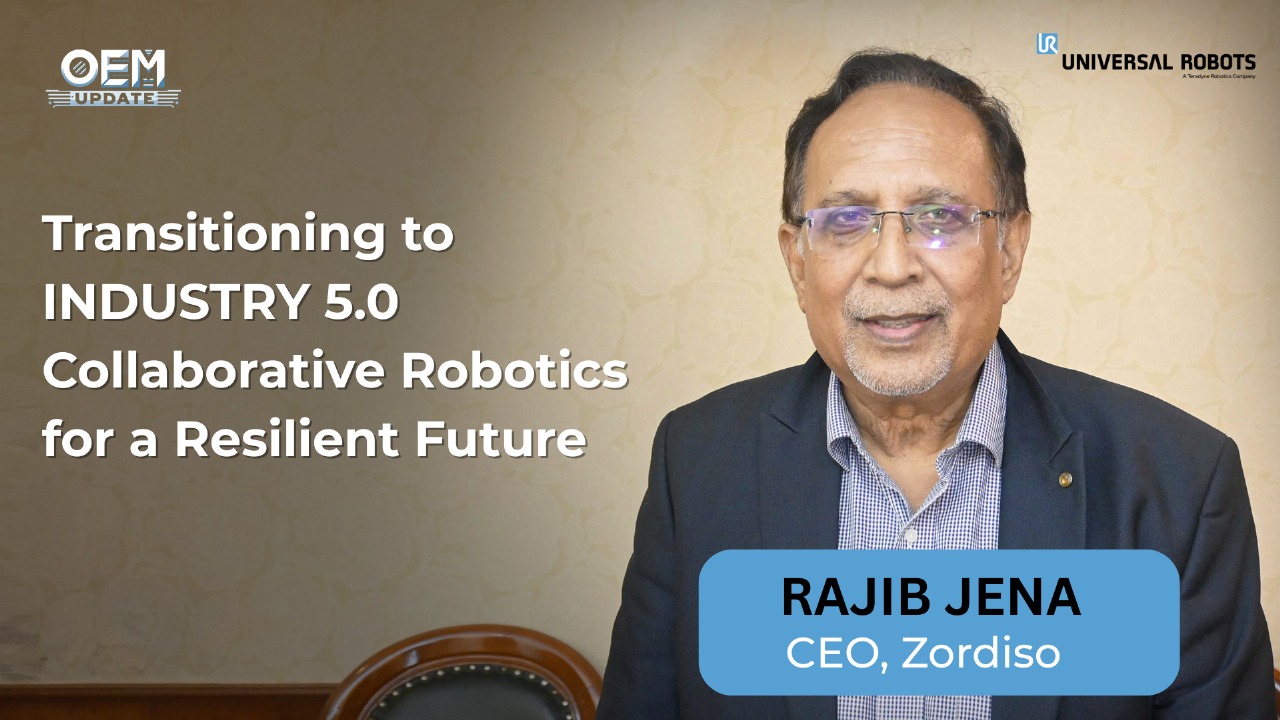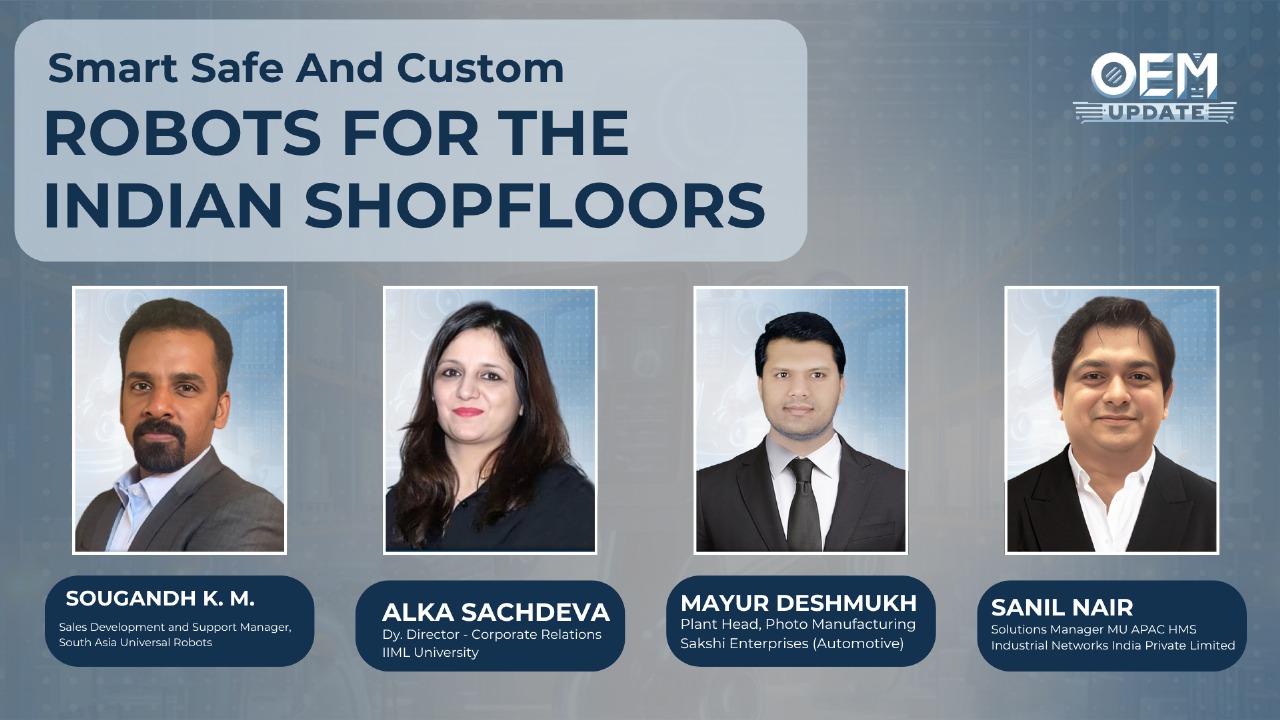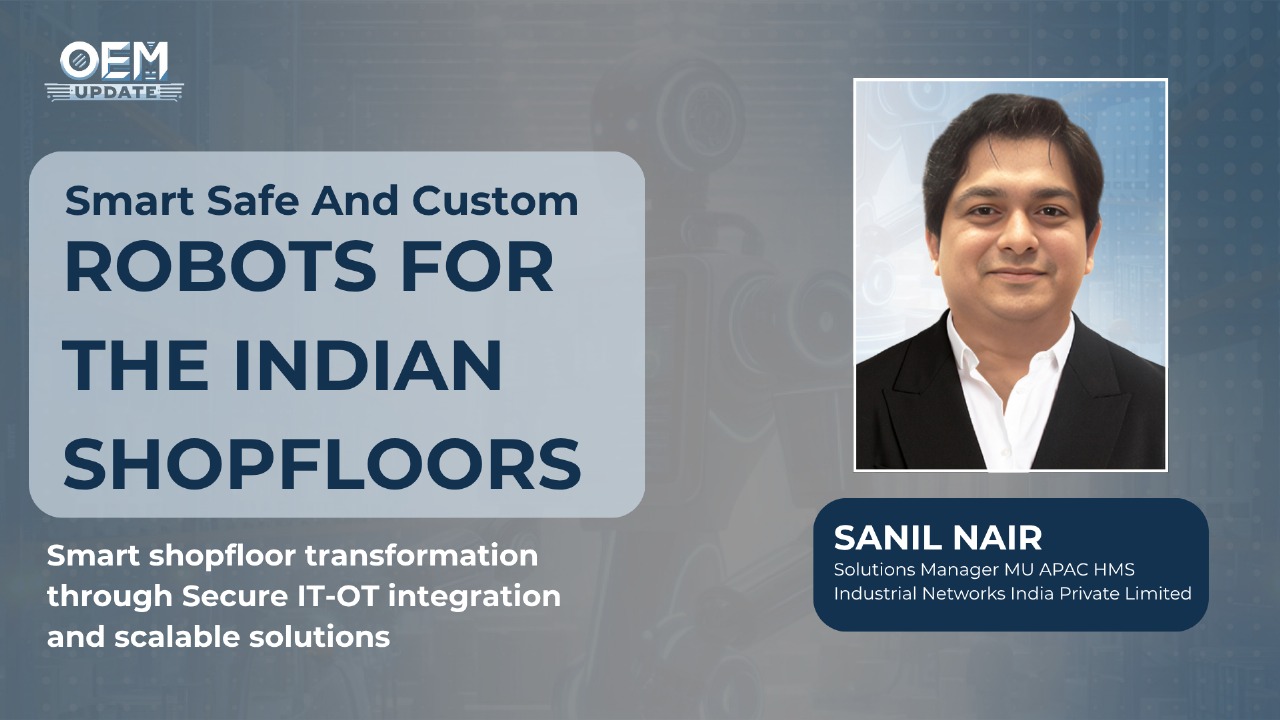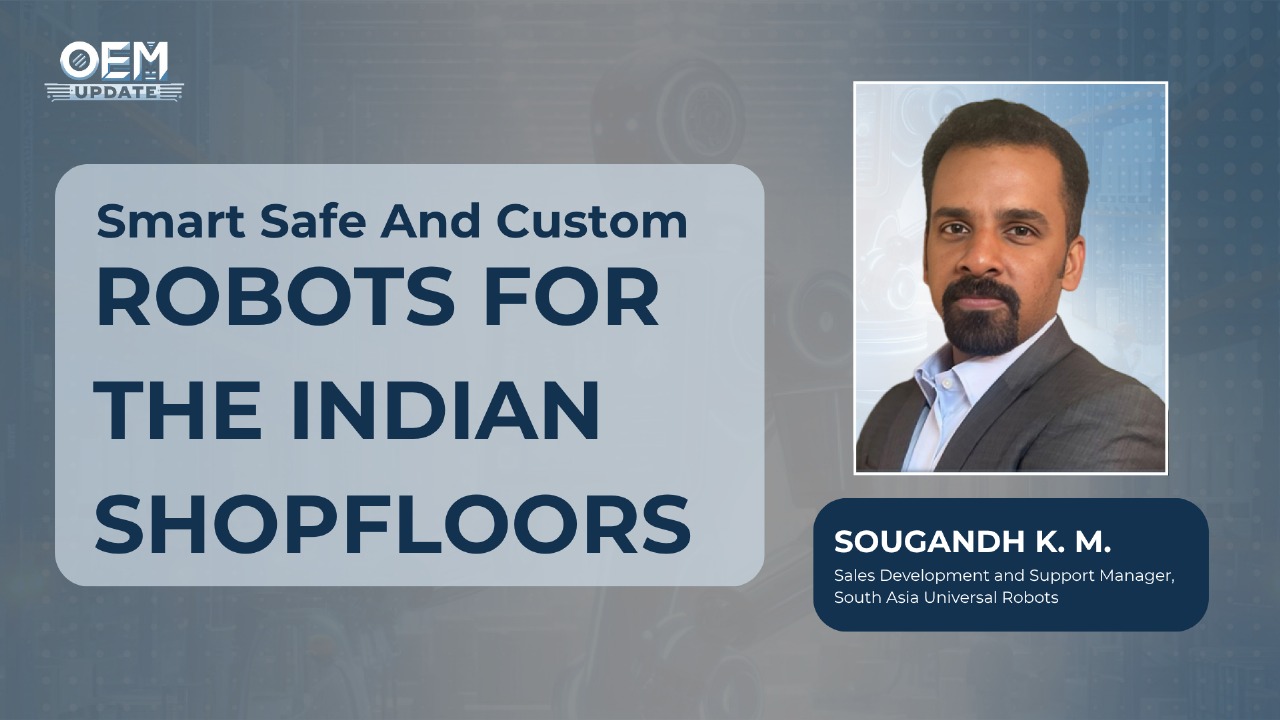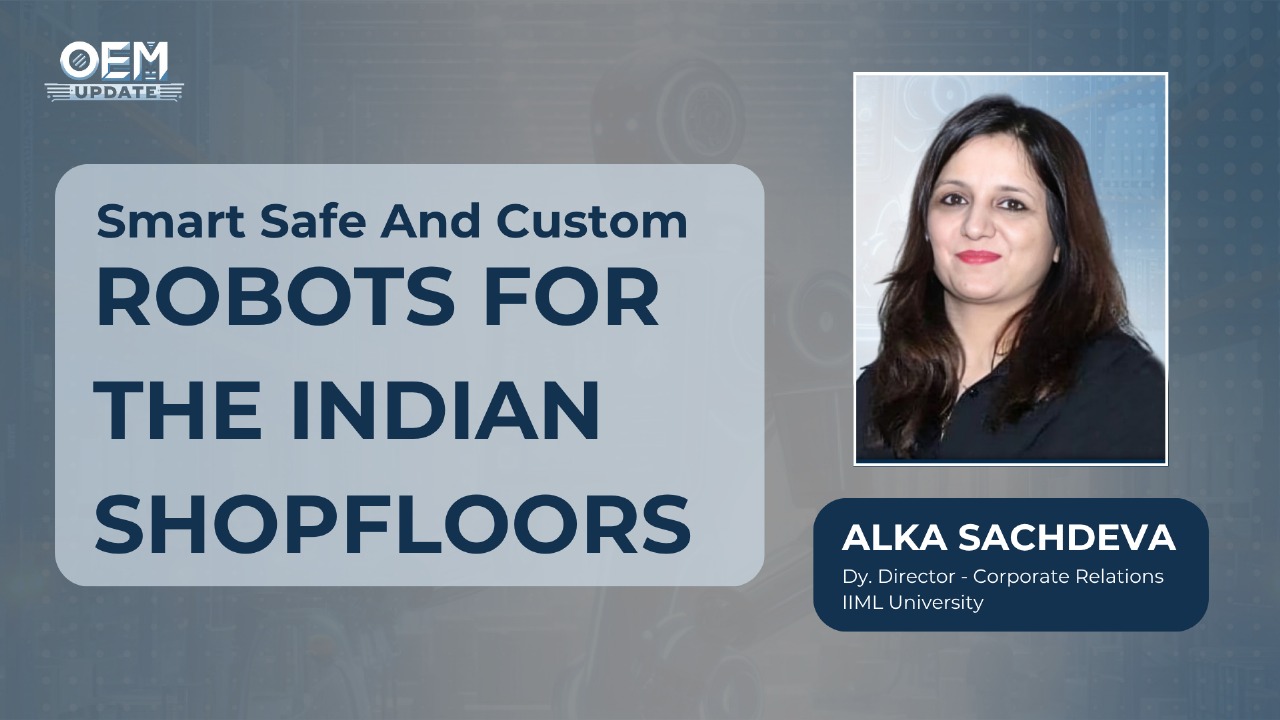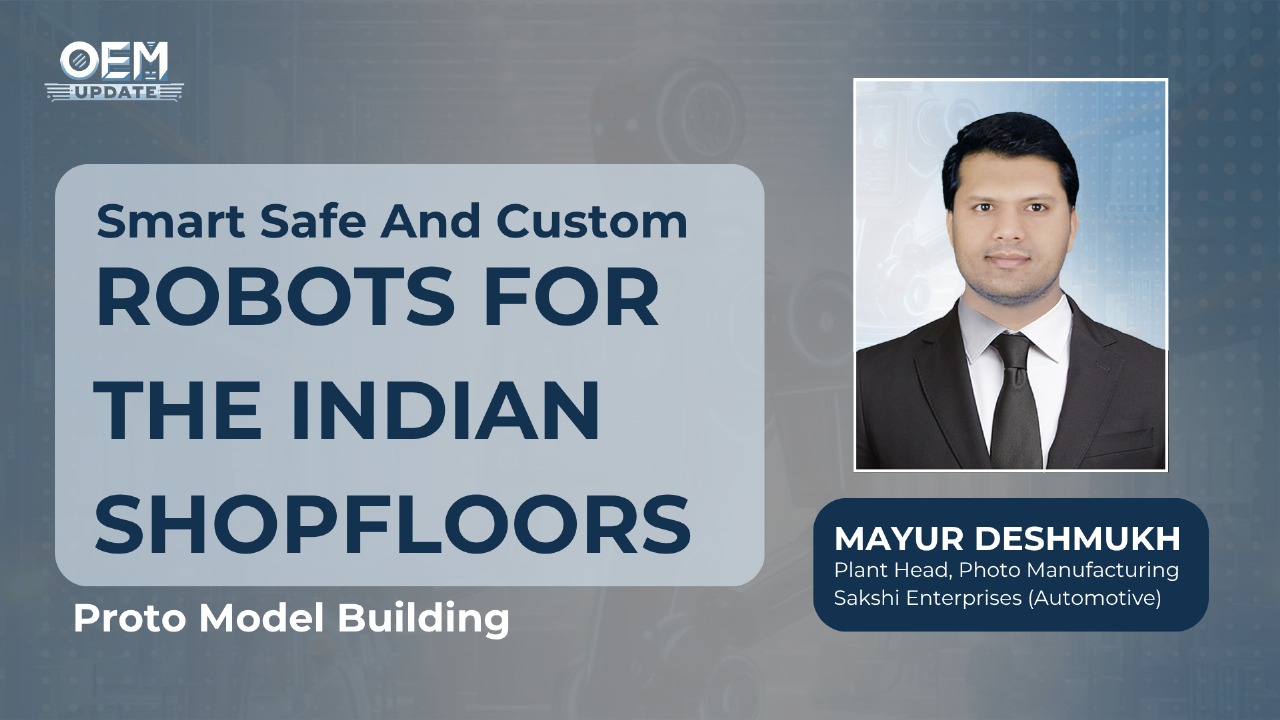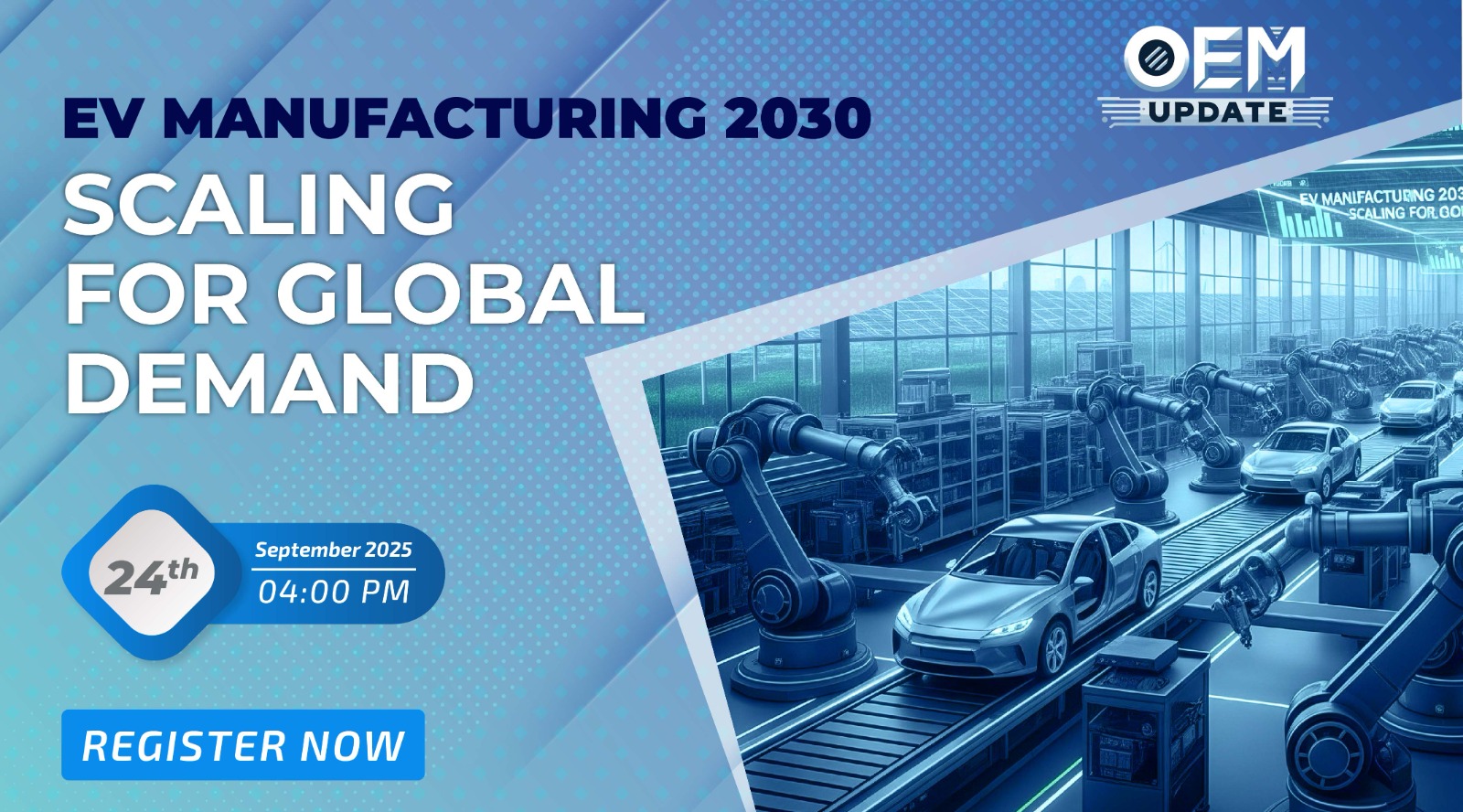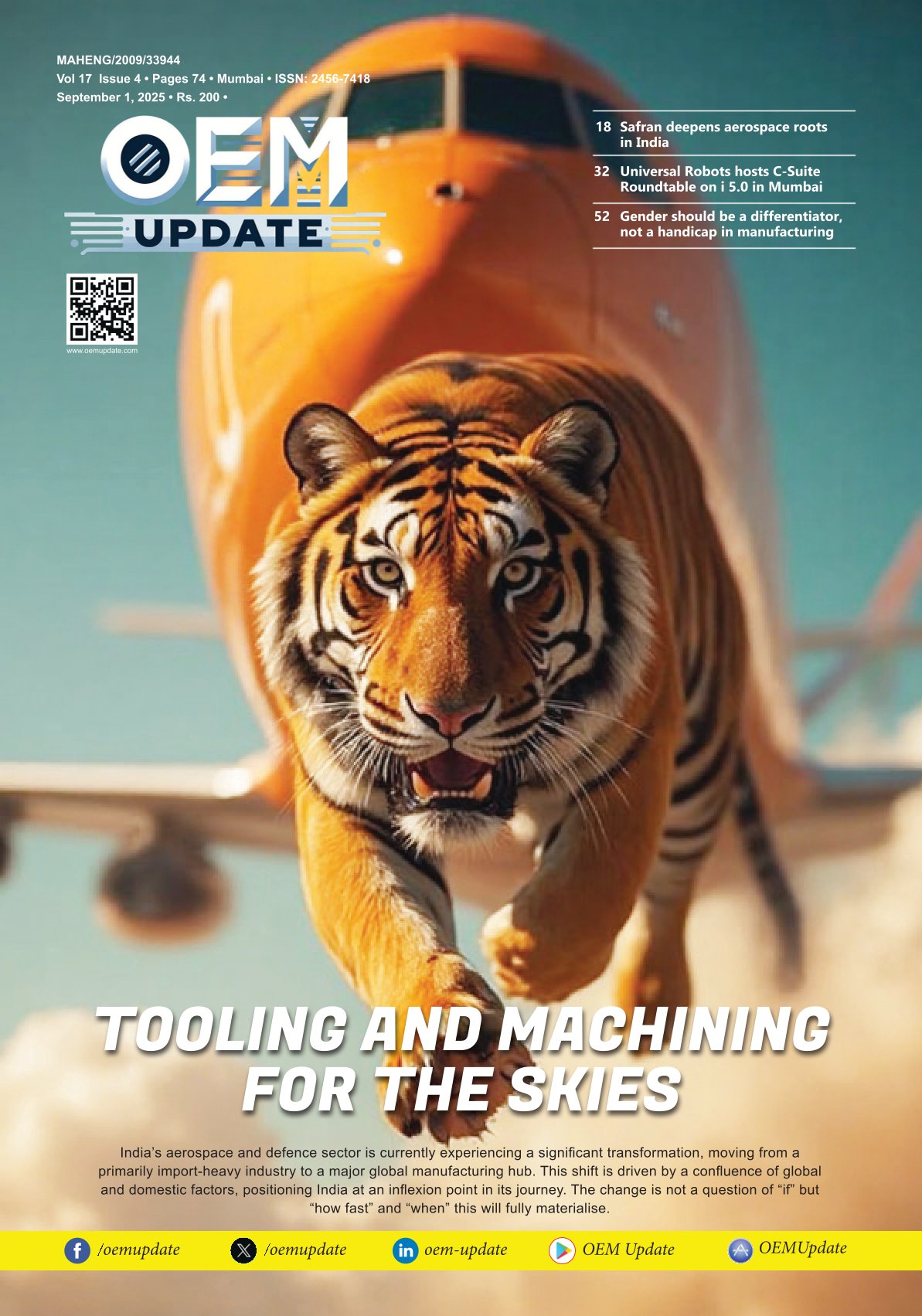PRG Agitators thrives on German tech and Indian make
By Staff Report June 6, 2025 12:15 pm IST
PRG Agitators Pvt. Ltd., a subsidiary of PRG Präzisionsrührer GmbH, based in Warburg, Germany, has over 40 years of global experience. PRG is recognised for delivering industrial agitators and mixing systems to various industries, including pharmaceuticals, biotechnology, chemicals, cosmetics, food, and biogas. In India, they operate a modern 4500-square-meter manufacturing facility in Vadodara, Gujarat. This site is home to a team of over 60 skilled professionals and houses all key departments, including Engineering, Operations, Supply Chain, Sales, and After-Sales Service. To support customers across South India and neighbouring regions, PRG also operates a dedicated sales and service office in Bengaluru, led by Mathias Schmalz, Director (Operations) at PRG Agitators Pvt Ltd.
What technological advancements have you incorporated into your agitator designs to improve efficiency and processes?
At PRG Agitators, we’ve introduced several innovations to improve both energy efficiency and process performance. Our agitators feature energy-optimised drive systems with variable speed control, allowing precise torque management and reduced power consumption. We also design hybrid agitator configurations tailored to specific mixing needs, which enhance flow dynamics and reduce mixing time. In sectors such as biotech, biogas, food, and cosmetics, we engineer application-specific solutions that maximise output while minimising energy consumption. Additionally, we’re integrating calculation tools into our engineering workflows to accelerate design iterations and improve first-time-right outcomes. These advancements, combined with precision manufacturing and global compliance standards, ensure that our agitators deliver consistent and efficient performance across various industries.
How do your manufacturing processes in India maintain the engineering standards and quality benchmarks of your German origin?
Our Indian production facility in Vadodara is a mirror of our German engineering DNA. We’ve embedded German quality principles into every layer of our Indian operations, from design validation to final assembly. Our teams follow rigorous documentation protocols, and we utilise high-grade materials and components sourced from globally trusted suppliers. We also invest in continuous training and knowledge transfer between our German and Indian teams. Every agitator—whether built at our HQ in Warburg or in Vadodara—meets the same performance and compliance benchmarks. Our “Made in India, Engineered in Germany” philosophy is a daily practice that enables us to serve our local and global OEMs with confidence.
How do you ensure hygienic design, surface finish, and compliance for agitators used in sterile and cleanroom environments?
Hygienic design is essential in sectors such as biotech, pharmaceuticals, dairy, and food. Our agitators feature seamless welds, electropolished surfaces, and dead-leg-free geometries to eliminate contamination risks. Mechanical seals, integrated for reduced shaft deflection, ensure long-term sterility. We also follow strict validation protocols and provide calibration certificates and installation guides tailored to GMP and FDA requirements. Our agitators are designed to withstand CIP/SIP cycles and are compliant with ASME BPE and other global standards.
As mixing requirements become more complex across sectors such as biotech and speciality chemicals, what engineering challenges push your design and manufacturing teams the most?
The biggest challenge is striking a balance between customisation and scalability. Every process has unique requirements, such as viscosity, shear sensitivity, aeration rates, and thermal dynamics. Our teams must design agitators that meet these process-specific needs while integrating seamlessly into existing plant infrastructure. We utilise tools such as computational fluid dynamics (CFD) analysis to simulate flow patterns and optimise impeller geometry. Our engineers frequently collaborate closely with customers to develop customised solutions, which sets PRG apart in technically demanding industries.
What shifts has PRG made in its sourcing or component partnerships in response to the global push to de-risk supply chains from a single nation?
We’ve diversified our sourcing strategy. While we continue to collaborate with premium European suppliers, many of whom now also operate in India—we’ve also established strong partnerships with Indian vendors. We have localised the production of key components, such as shafts, flanges, impellers, and housings, without compromising on metallurgy or tolerances. This approach shortens lead times and reinforces the “Make in India” initiative, all while honouring our legacy of German engineering excellence.
How has your dual presence in Germany and India directly influenced your ability to secure high-value contracts or comply with global pharmaceutical or biotech manufacturing standards?
Our dual presence is a strategic advantage that allows us to combine the best of both worlds: German engineering precision and Indian manufacturing agility. This synergy has been instrumental in securing high-value contracts, particularly in regulated sectors such as pharmaceuticals and biotechnology. From our Warburg HQ in Germany, we bring decades of experience in mechanical engineering and a deep understanding of GMP, FDA, and ASME BPE standards. This ensures that every design we produce meets the most stringent global requirements. Meanwhile, our Vadodara and Bengaluru operations enable us to offer cost-effective manufacturing, faster lead times, and localised service—critical factors for clients in India, the Southeast Asian (SEA) region, the Middle East, and Africa. This dual setup also enables us to conduct full-scale test runs and quality checks at both locations, ensuring consistency and reliability. During the COVID-19 pandemic, our robust supply chain and decentralised operations allowed us to maintain delivery commitments without disruption. This reliability has strengthened our reputation as a trusted partner for both global original equipment manufacturers (OEMs) and end-users.
How are your global collaborations accelerating innovation and giving access to newer markets where local presence is essential for OEM partnerships?
We view global collaborations as accelerators of innovation. Our distribution partnership agreements are structured to protect our core intellectual property while enabling local partners to represent PRG in key industries, including pharmaceuticals, biotechnology, biogas, food and dairy, chemicals, and cosmetics. These agreements are governed by strict non-compete clauses and commission structures that align incentives and ensure market integrity. We collaborate with regional partners who are familiar with local regulatory landscapes and customer expectations. This localised presence builds trust with OEMs and helps us navigate complex procurement processes. We also maintain close ties with our legal and commercial advisors to ensure that all partnerships comply with international trade laws and support our long-term strategic goals. This disciplined approach allows us to expand our footprint without diluting our brand or compromising on quality.
Cookie Consent
We use cookies to personalize your experience. By continuing to visit this website you agree to our Terms & Conditions, Privacy Policy and Cookie Policy.



